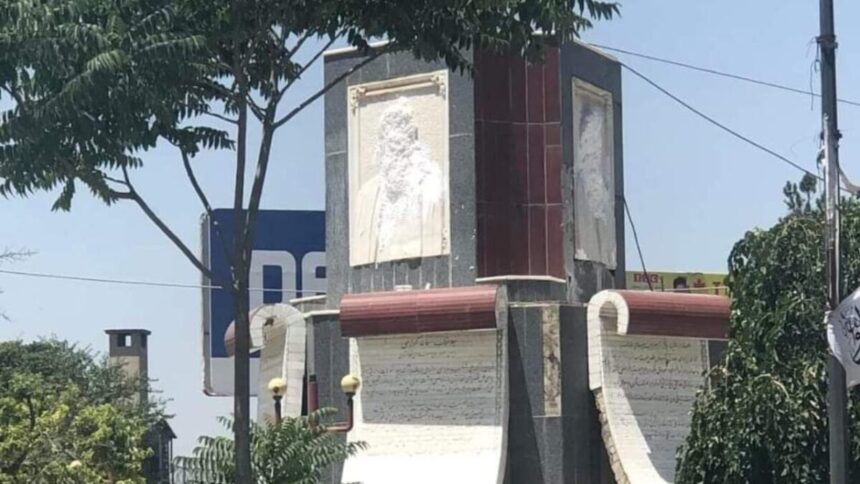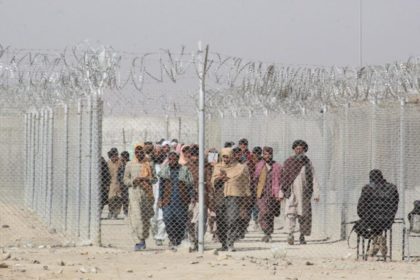RASC News Agency: A group of writers and university professors in Kabul has issued a stark warning that disrespect towards the country’s ethnic and political figures could inflame underlying tensions, jeopardizing national unity, security, and stability. These professors have strongly condemned what they perceive as inappropriate and insulting actions, noting that such behaviors exacerbate animosity and ethnic divisions.
In recent days, the Taliban have faced widespread criticism for defacing the image of Amanullah Khan, replacing it with their flag at Torkham, and demolishing the statue of Abdul Ali Mazari, leader of the Hezb-e Wahdat party. University professors expressed deep concern over the disrespectful treatment of political and historical figures, describing it as not only troubling but also suspicious. They urged the Taliban to rein in divisive elements within their ranks.
The professors cautioned that such actions are not only misguided but also potentially disastrous. In a statement released on Thursday, July 20, the professors urged the Taliban to restrain narrow-minded and exclusionary factions and to show respect towards historical achievements, national and jihadist figures, symbols, beliefs, and representatives of various ethnicities, social groups, ideologies, and discourses.
The writers and university professors warned that “suspicious” and “divisive” actions could rekindle long-buried resentments, posing a serious threat to the country’s security, stability, and national unity. According to the professors, intolerance and exclusionary attitudes have historically been root causes of instability, discord, conflict, and division among nations.
The professors’ statement reads: “At a time when it is claimed that war and conflict have ended and comprehensive governance has been established, conditions must fundamentally change. Hostilities should cease. Anger should subside. The flames of vengeance should be extinguished. Everyone should strive for coexistence. The country should be viewed as a shared home. The diversity of social groups and their varied interests, inclinations, beliefs, feelings, and emotions must be acknowledged.”
They emphasized the importance of respecting the country’s political and historical figures, stating, “Experience from stable nations demonstrates that their unity and stability stem from respecting and embracing diversity and differences. The figures, values, symbols, and beliefs revered by the people must also be upheld. This principle holds significant religious and ethical importance.”
The university professors and writers stressed that “exclusionary attitudes” undermine national unity and erode the foundations of trust within society. This statement follows the Taliban’s destruction of Ali Mazari’s statue.






